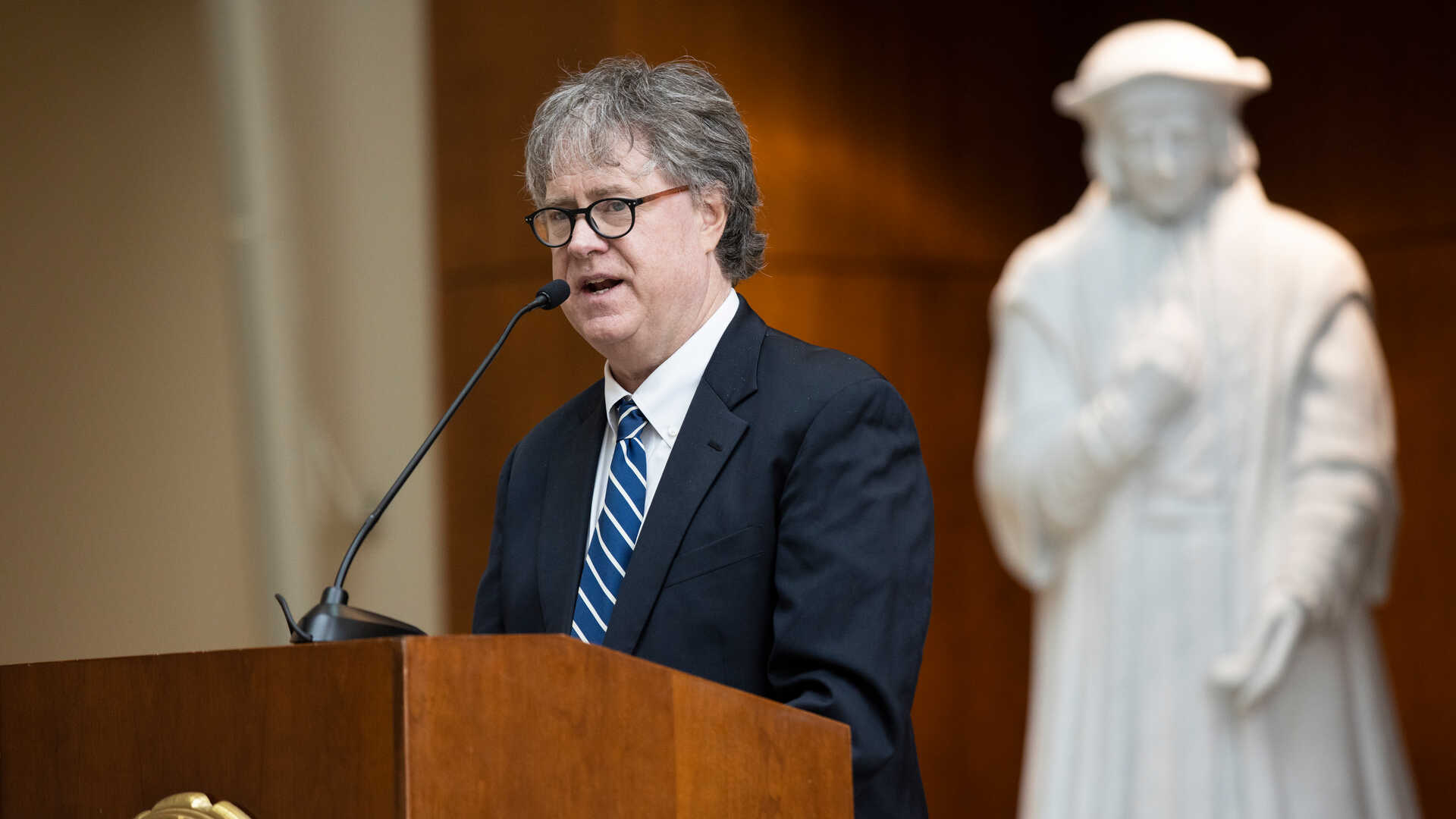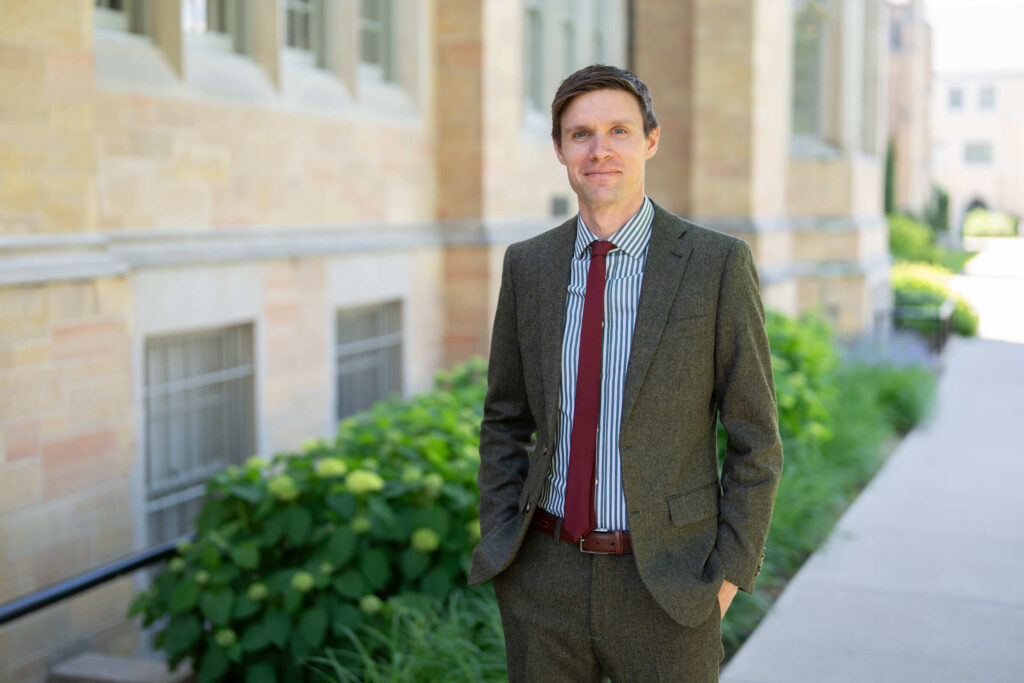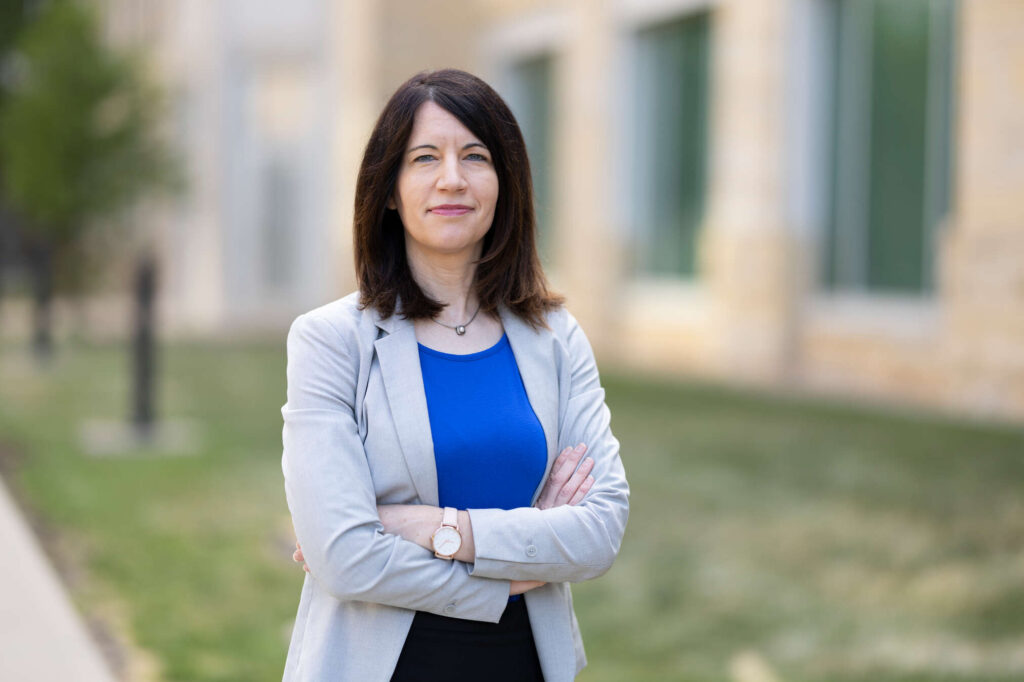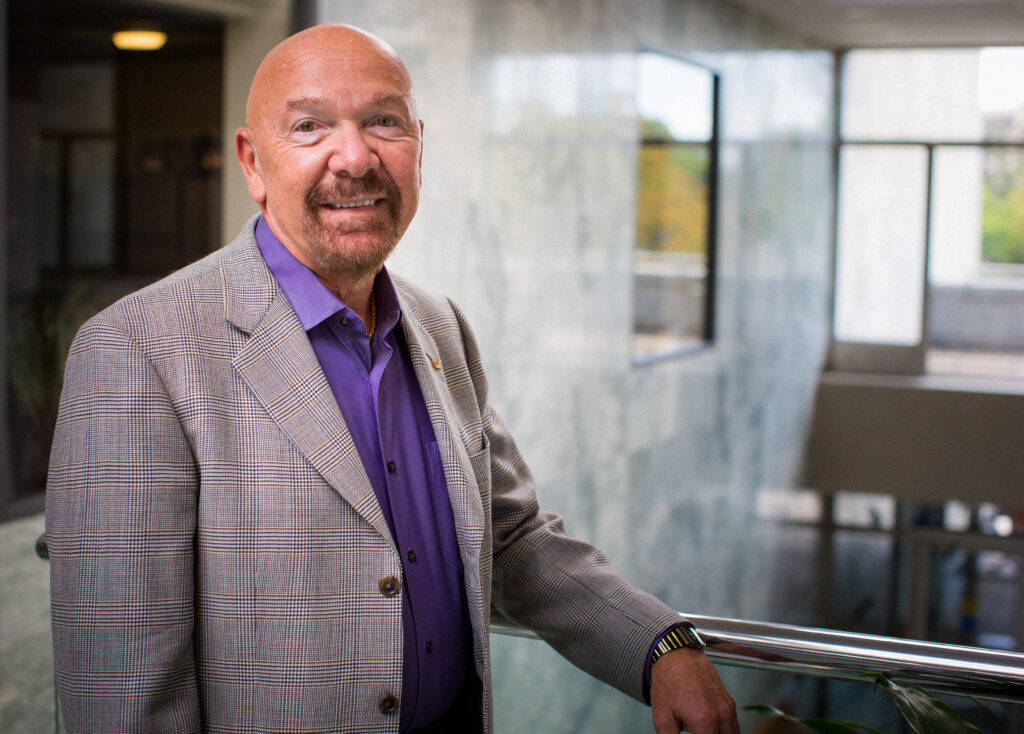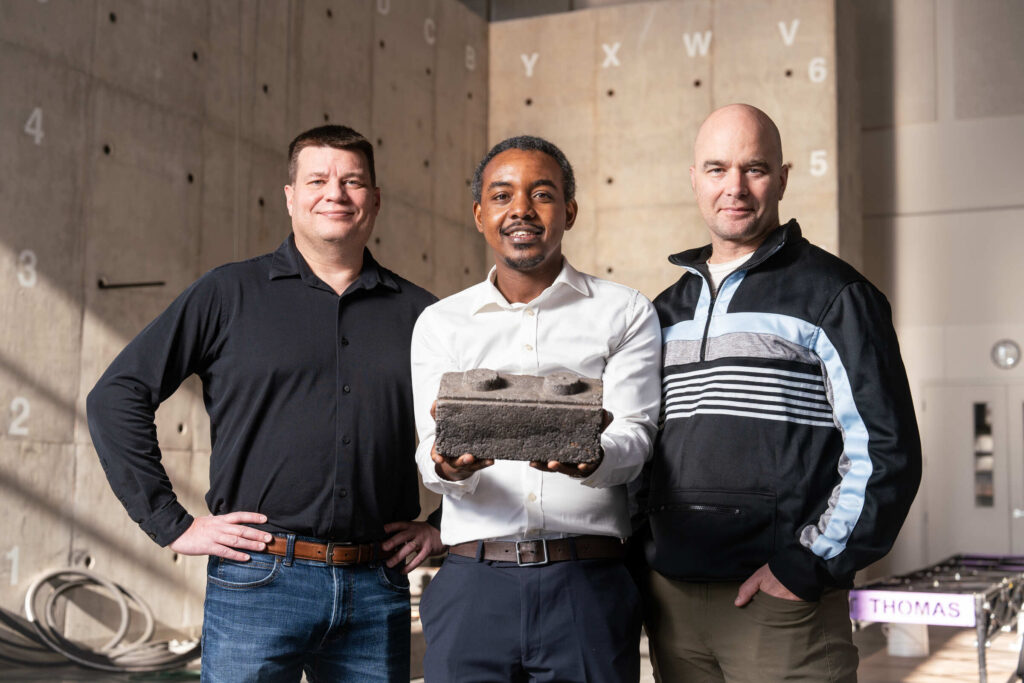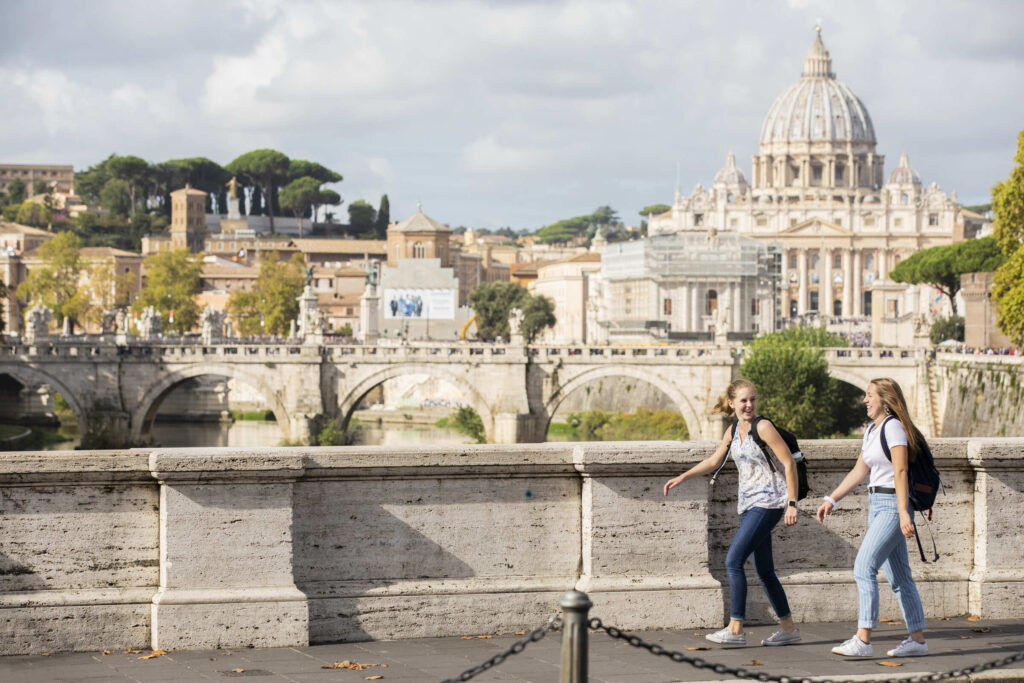Mark Osler, professor at the University of St. Thomas School of Law, recently spoke with PBS News about President Biden’s commutation of sentences for 1,500 individuals and pardons for 39 others in the largest single-day clemency action.

From the story:
Host: Most of the people affected by this grant have been serving sentences under home confinement, thanks to provision put in place during the COVID epidemic. Now their sentences have been commuted. In addition, 39 people have had their convictions fully pardoned, all for nonviolent offenses, including drug offenses. The list includes Americans who served time for crimes committed in their teens or early 20s, and several are military veterans. ... Clemency is a unique power of presidents. And, to start, I just want to go over terms, remind our audience what we’re talking about. A pardon is something that forgives a crime and allows that person to regain some status, including the ability to vote. Commutations reduce penalties, including jail time or sometimes fines, but they don’t change their status. You said this is a big day, including for one of your clients, who is one of those who was pardoned. To help us understand this group, can you talk about her and what this pardon means?
Osler: So out of that smaller group of people who got a pardon, as opposed to a commutation, we saw Sarah Carlson. Sarah Carlson is somebody who submitted her petition with the help of one of my students back in 2020 and has waited for years for this pardon. She’s someone who was involved in drugs, was addicted, had crimes that were associated with that, and then cleaned up and changed her life and devoted herself to helping other people, and certainly deserves this pardon.
Host: I noticed in the White House release on this that they mentioned these are folks who have also either continued education or they have already found employment in some way. So there’s additional vetting, I think, for this group. But there are some Republicans specifically who are critical about this and have been. For example, Sen. Marsha Blackburn of Tennessee put out this tweet a year ago, saying that COVID was over. And she thought this policy of home confinement should have ended. How do you respond to that criticism that this is really a haphazard circumstance related to something outside the justice system, but instead to a pandemic, and, really, this isn’t a group that should be considered in this way?
Osler: Well, it’s also the nature of clemency that we’re supposed to seek out the people who have rehabilitated themselves, who can live safely amongst us and contribute something. The fact that COVID accelerated that process is all to the good. There’s no reason to have these people locked up. And, frankly, they’re a fraction of the group in whole who shouldn’t be locked up.

